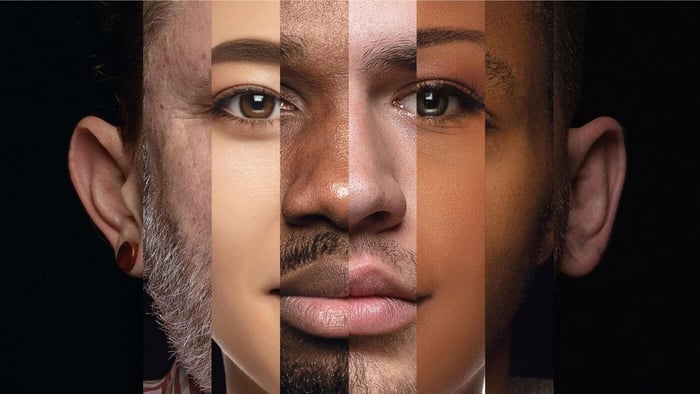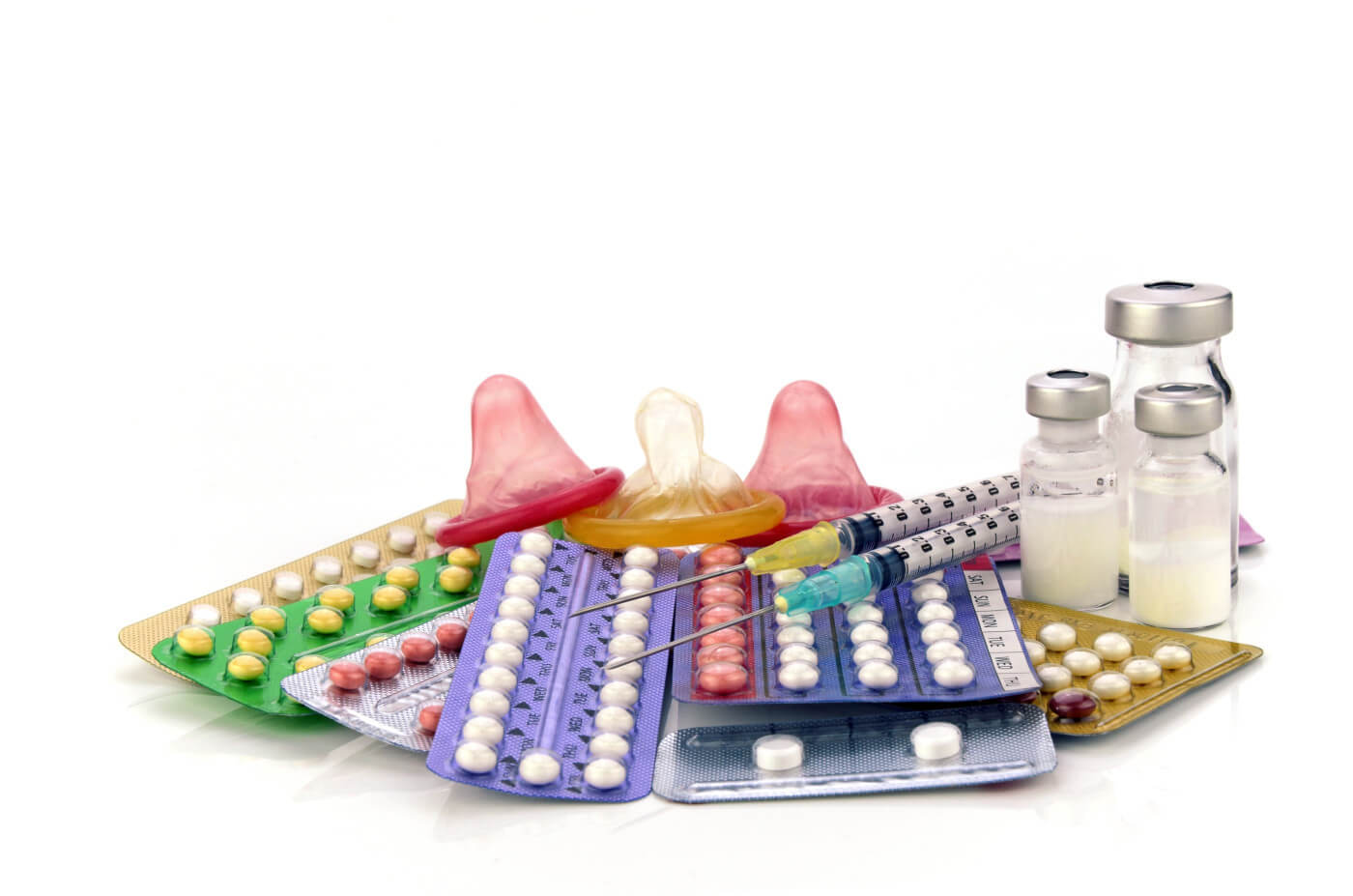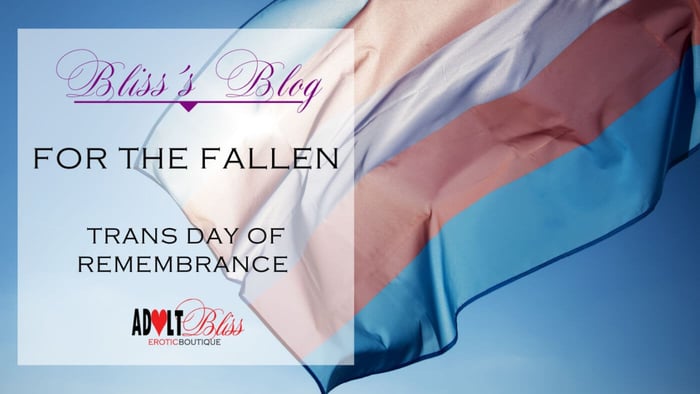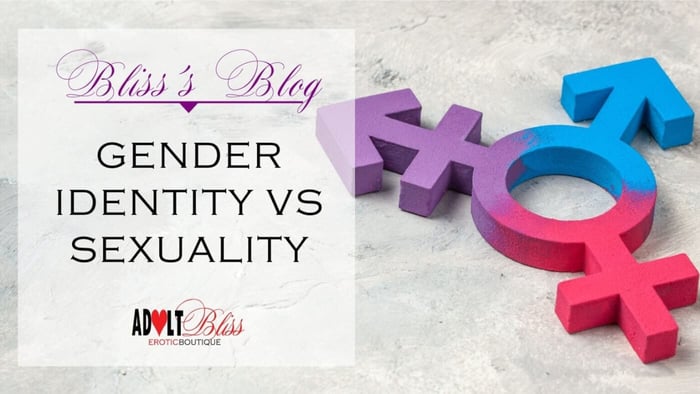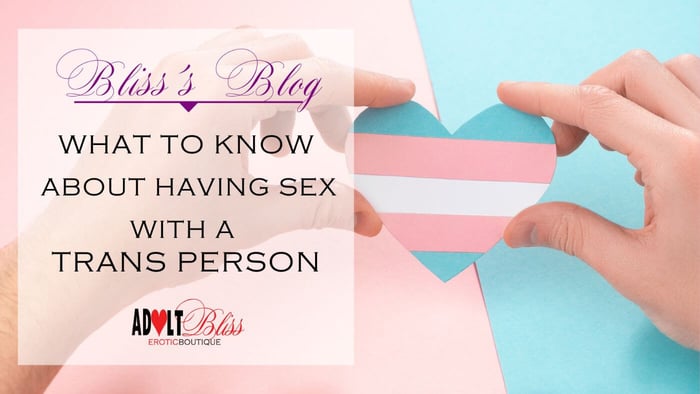
What to know about having sex with a trans person
Enjoying great sex as a trans partner requires different considerations than a non trans person. Having sex with someone often includes many factors such as foreplay, safe sex practices, contraceptives if relevant, toys, lubricants, and of course, the most important factor, consent! Regardless of the encounter being part of a hook-up, relationship or other dynamic, there are additional considerations for trans sex encounters. If you are interested in having sex with a trans partner you may have questions and concerns, I will attempt to answer some of them below. This article is not to be treated as gospel, but is a guide and platform for further reading and learning (see links at the end) that will hopefully create better empathy and considerations, leading to better sex for everybody.
Content note: This article references the medical terms of anatomy. Trans folk may use different language for their bodies and language should not be assumed. For this article "trans" and "trans sex" will be used as umbrella terms to refer to persons who do not identify with their assigned gender at birth, or presumed sex (cisgender).

Don’t make assumptions based on appearance.
There is no right way or single definition on what it means to be trans. Not every trans person wants, or can, take hormones just as not everyone changes their name or pronouns, and not every trans person wants, or can access, surgery(ies). A person may not even disclose they are trans to a sexual partner immediately for many reasons. This is usually about the individual gauging if you are a safe person to disclose to or not and not about deliberate deception. Trans folks are at a significantly higher statistical risk of sexual assault and violence so are often hypervigilant about their safety – don’t take it personally, it’s a societal thing, not about you! Engaging in trans sex can mean heightened anxieties and safety concerns. A person’s gender journey is also not up for debate and depending on the connection you have with a person; they don’t have to share any details with you just because you’re having sex with them and might be curious. We are all entitled to privacy about our bodies and medical history regardless of our gender.
The person, and their identity, is not their anatomy.
As an example, just because a trans man may not have a penis in the context you may assume, it doesn’t make him any less a man nor does it mean he can’t be a ‘top’ (or any role in the bedroom). Ask the person what language, if any at all, they want used for their body and anatomy, ask what language they want you to avoid, ask if there are places that they do or don’t want touched. Some trans folks may be completely comfortable with their anatomy and body, some may use toys or gender affirming aids (you can google terms like chest binders, packers, strap-ons, breast forms, gaffs etc) that they want to use or do not want to remove during sex. This is about the person reducing ‘gender dysphoria’ and increasing their confidence which often leads to better sex because they feel more at ease in themselves and with you in that space. Some great multi-functional STP packers for transman from the folks over at Emisil, as an example of what's out there!
Gender Affirming Hormone Therapy (GAHT) is not a contraceptive.
Also known as cross sex hormones, or hormone replacement therapy, some trans folks may take hormones as part of their gender journey, and some may not. Whilst trans folks are usually aware that GAHT will impact fertility, it is important to remember that GAHT is not a guarantee that a person can’t impregnate or get pregnant. Using a contraceptive or barrier method such as condoms are a great way to reduce the risk of pregnancy and STI transmission and come in internal and external options as well as many sizes and latex/non latex varieties.
GAHT can impact natural lubrication and arousal.
The way each body responds to GAHT is based on genetics and other health factors. One of the most common side effects to GAHT is sexual arousal and natural lubrication. For those taking an anti-androgen and feminising hormone this often results in a decrease in arousal levels, can impact erections, and can cause potential increased sensitivity to the penis that some describe as painful or uncomfortable. For those taking testosterone, it can mean an increase in sexual arousal, growth of the clitoris, a decrease in lubrication and thinning of the internal vaginal wall causing atrophy. Some folks also report that the way they experience orgasm can change, including for some finding it difficult to orgasm at all. For some people these things may mean making some adjustments to their sex life such as using (cock)rings/pumps, topical hormones, arousal toys/aids and medications, and/or speaking to a health provider for guidance.
TL;DR:
- Don't assume a trans person's identity based on appearance. Respect their privacy regarding their gender journey. A person's identity is not their anatomy.
- Ask the person what language they prefer for their body and anatomy, and whether they use gender-affirming aids.
- Gender-affirming hormone therapy is not a contraceptive; use condoms or other methods to prevent STIs and pregnancy.
- GAHT can impact natural lubrication and arousal, and adjustments may be necessary for some.
- Sex is not just about penetration, and foreplay, mental stimulation, communication, and consent increase pleasure.
- Resources for further reading and learning are available, including guides for allies and partners of trans people.
Resources:
https://archermagazine.com.au/2022/03/trans-sex-hooking-up/
https://www.transhealthsa.com/wp-content/uploads/2018/02/grunt-booklet.pdf
https://www.transhealthsa.com/wp-content/uploads/2020/12/TransMascSA-Language-Guide-V1-Dec-2020.pdf
Book – Trans Sex: A guide for adults by Kelvin Spark (2023)



